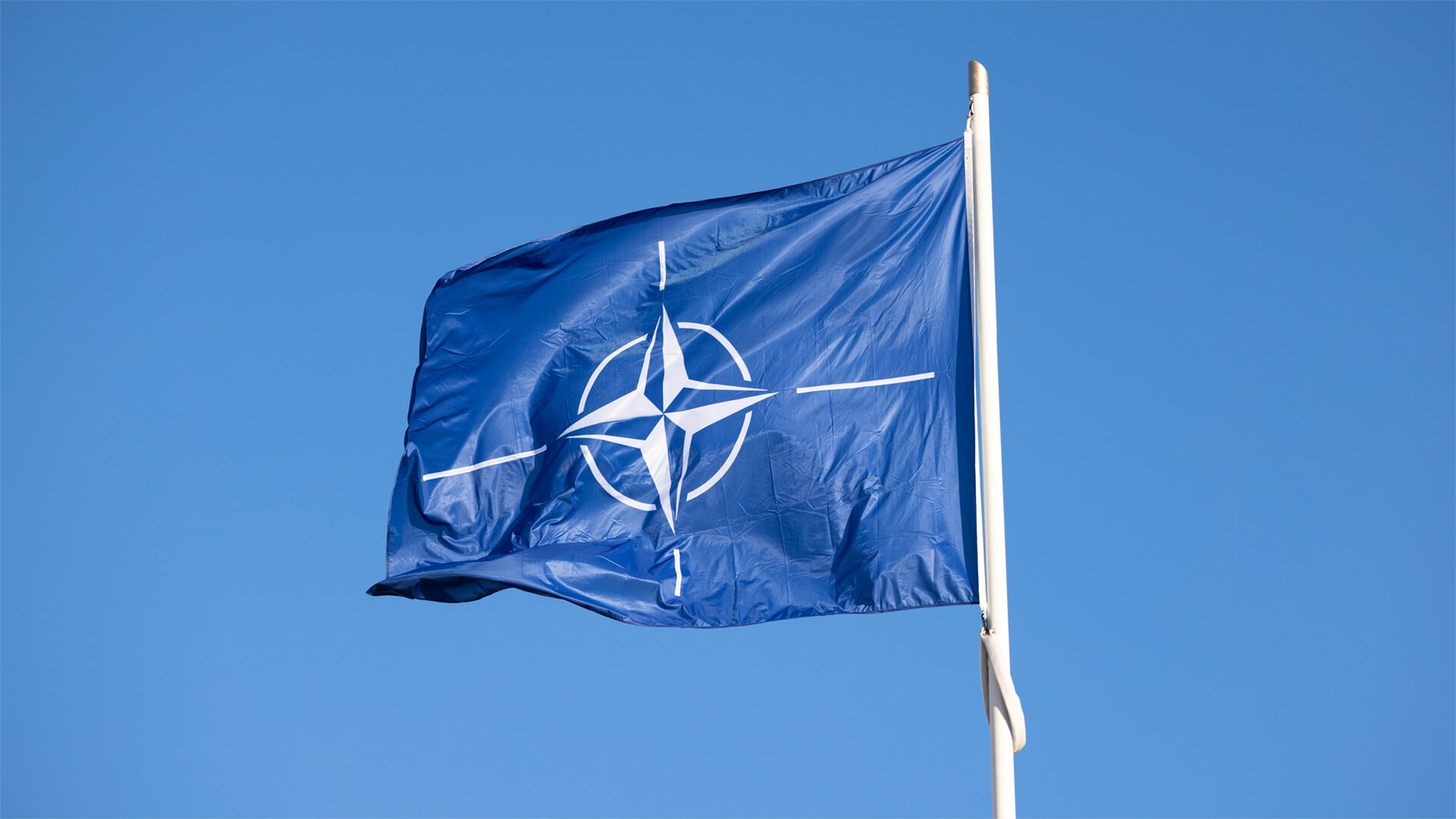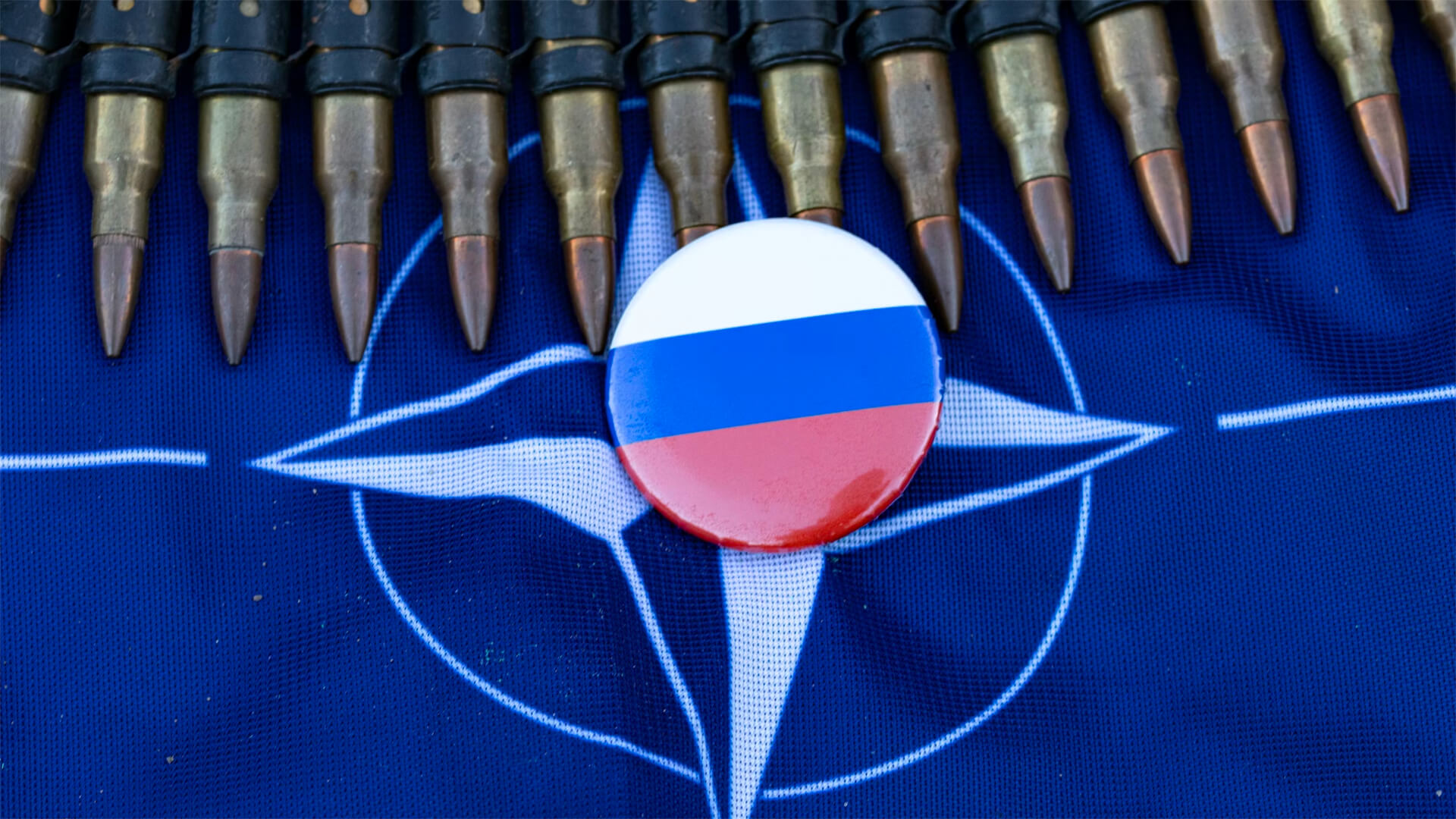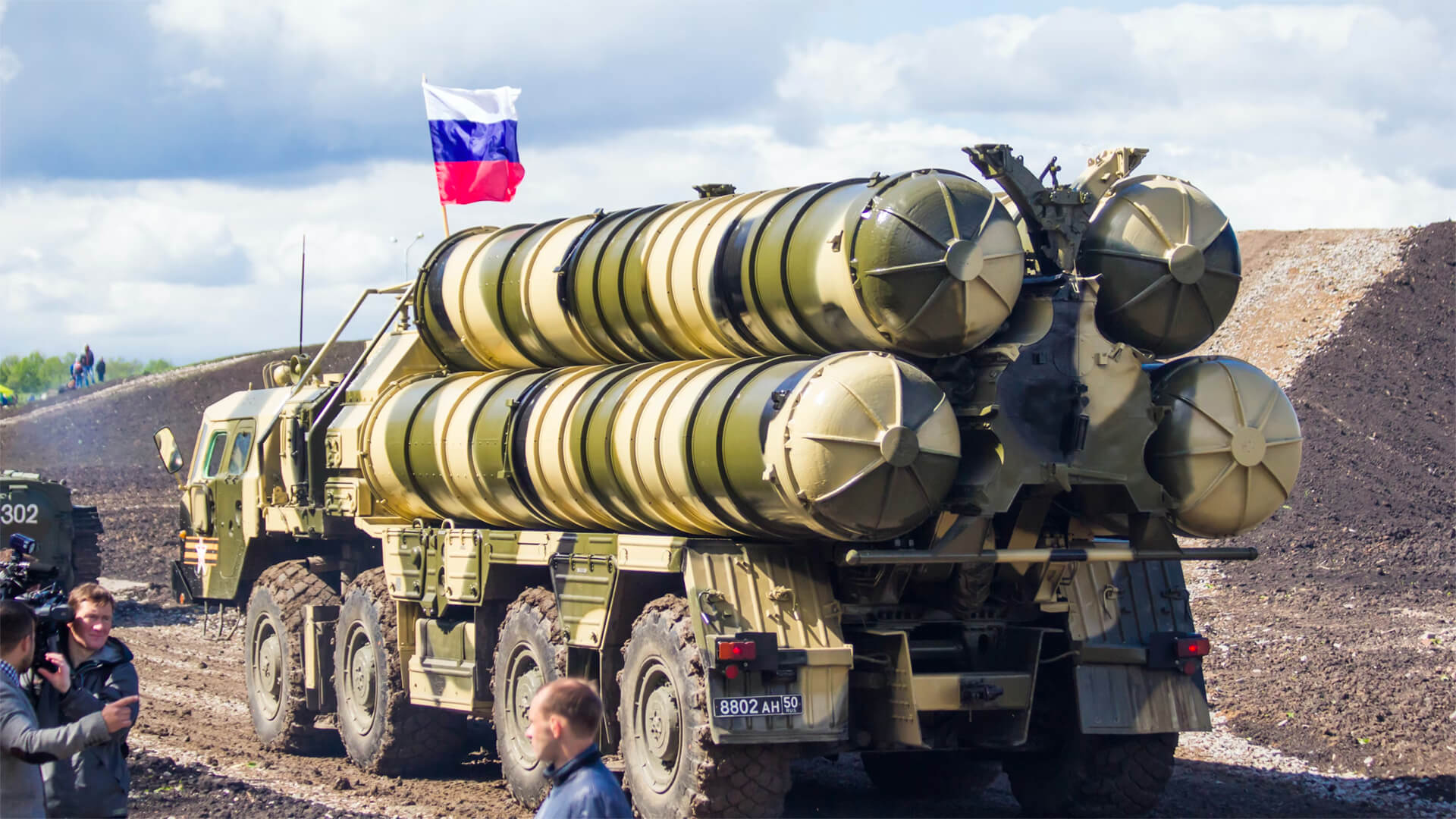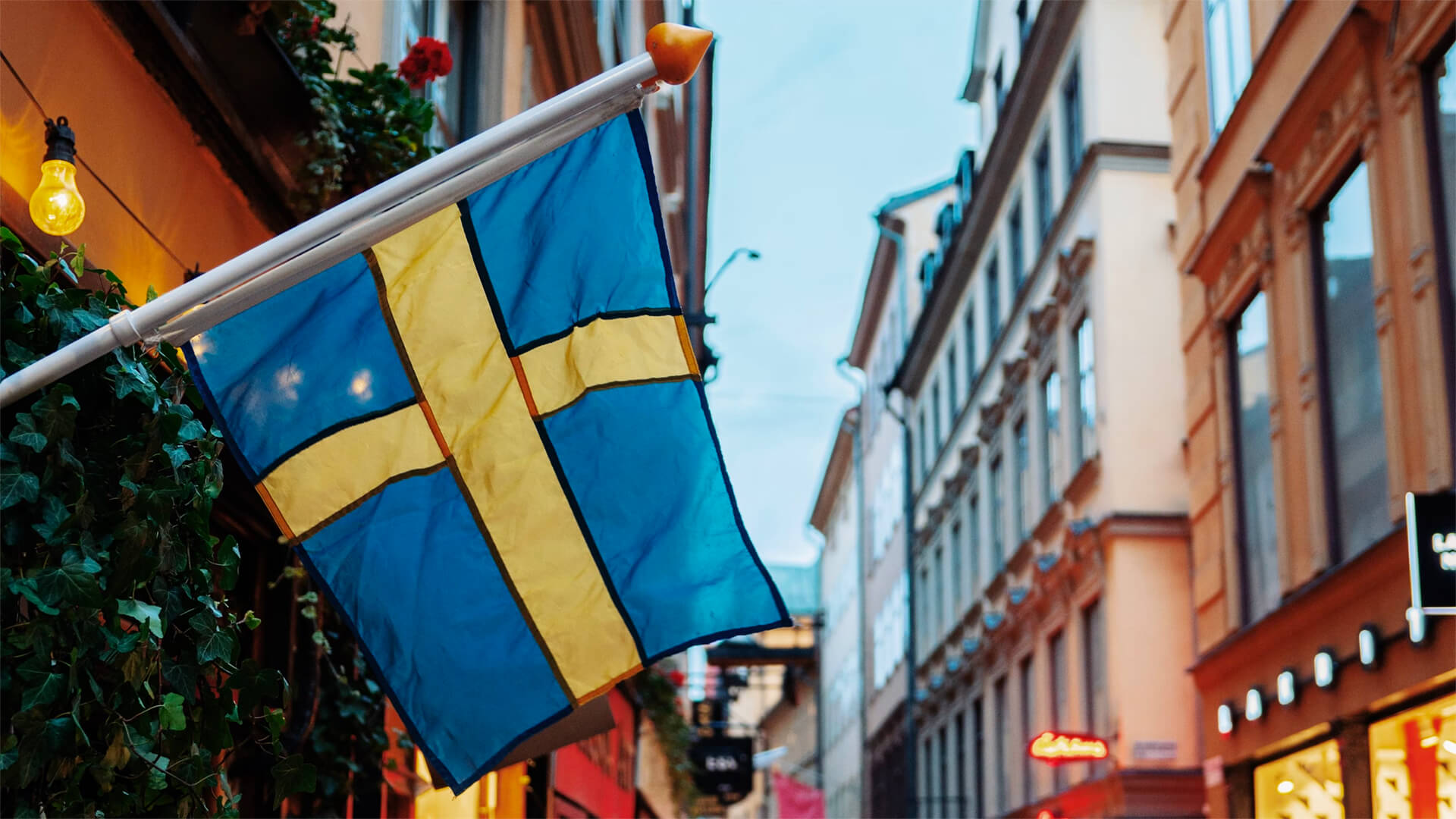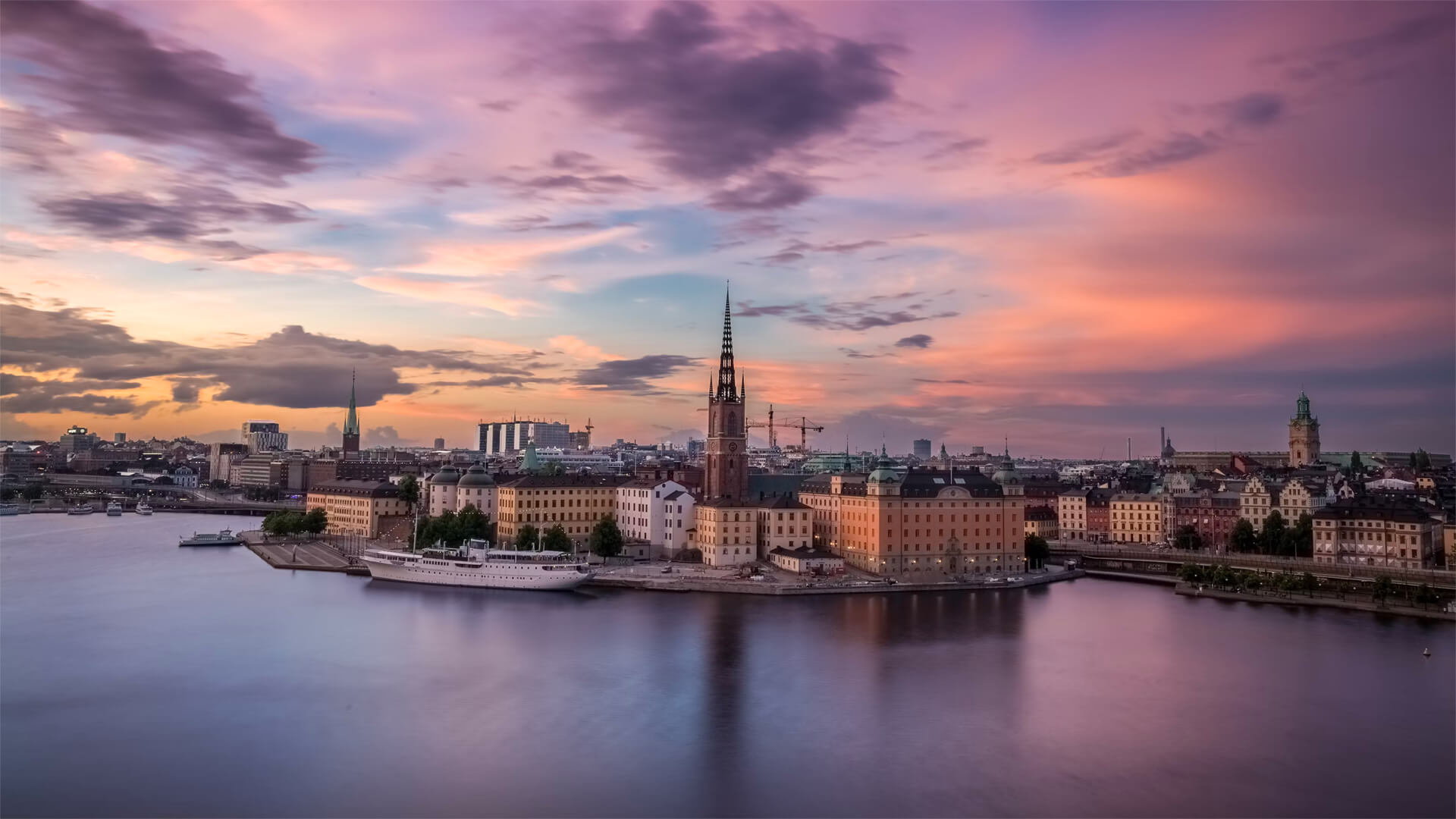I don’t know what was in the water at the latest NATO summit, but something got Trump to be cooperative. Perhaps it had something to do with Mark Rutte greasing his wheels.
Mark Rutte, the former Dutch PM, wasn’t just working his magic on Trump, he secured buy-in from several other leaders with his flattery and strategic diplomacy. This helped pre-summit defense spending agreements get formalized and saw countries like Germany step into a leadership role.
Even if all that comes from the summit is that the US stays (minimally) committed to NATO and Europe continues to ramp up defense, Russia is in trouble. The balance of power in this region is shifting, and should Europe continue navigating this diplomacy game effectively, the Russian position gets muddy quickly.
Transcript
Hey, Peter Zeihan here. Company from Colorado. And today we’re going to do a bit of a recap on the recent NATO summit in Europe. Donald Trump went there and everyone was concerned that it was going to be a blow up, like most of his international, events. And it was not, all of the pre-summit agreements that have been made on defense spending increases were basically codified.
Basically everyone in NATO has agreed to double or triple the defense spending, bringing it up to a new threshold of 5% of GDP, up from the old number of 2% of GDP, with the Germans, who have long been one of the biggest laggards. Basically, picking up the baton and running with the topics, saying that we know that a war with Russia is coming in one way or another.
We need to prepare, with Trump specifically, in past NATO’s summits, he’s basically blown up the alliance and said he doesn’t plan to defend anyone. And this time, I don’t mean to suggest thatTrump wasn’t on display. I mean, let’s not get crazy here. But most of the discussion about it was how he came as a friend and he left as a better friend.
The person who was singularly responsible for everything going so well as former Dutch Prime Minister Mark Rutte. Who? Sorry, I’m not Dutch. Can’t roll my eyes. He was prime minister basically, since, what, 2010? Like, like from back when Biden was merely old and now is the secretary general of NATO. And he has spent the last few months courting not just Donald Trump, but all of the leaders of the alliance to get them to preemptively agree to this sort of defense increase.
And while Trump was in town and in the lead up, he went out of his way to basically cozy up to Trump, saying all kinds of wonderful things about how nice he was and how powerful he was, and how decisive he was and how good his hair was and, how sometimes daddy has to be strong.
During a European leader talk about the American president as a daddy, was a little disturbing, but whatever. Basically, the Europeans, ten years in are finally figuring out how to manage Donald Trump. You don’t do it with honesty. You don’t treat him like a friend. You don’t treat him like an ally. You stroke his ego, you kiss his ass, you slob as knob.
You tell him whatever he wants to hear, and then you get your way. The Chinese leader XI Jinping figured this out years ago. Vladimir Putin of Russia figured out years ago. And this time around, an increasing number of Europeans are figuring it out as well. Italian Prime Minister Meloni is probably the first one that really got it going.
And if you do that, Trump says wonderful things about you and he turns his attention somewhere else. Clearly the Canadians have not figured that out yet.
Rutha was famous for this, dur for the last 15 years in European politics, for being the marriage counselor to make it all work. The Netherlands sits in a spot equidistant between London, Berlin and Paris. And while it is actually one of Europe’s major countries, it’s like the seventh most populous country.
It’s a small chunk of territory that is in a very invasion prone zone. And so the Dutch have always had to figure out how to manage all the neighbors around them. And they do so by being efficient and easy to work with and very, very direct. So if you’re German or French or British and you don’t want to deal with the Germans or the French or the British, you go through the Dutch and they’re kind of the middleman and Rita specifically has been very, very good at being the marriage counselor among these three countries and helping them reach agreement before then going to the broader European Union and
selling whatever the deal happens to be. Doesn’t mean that the Dutch always get their way. Doesn’t mean that the Germans always get their way. But there’s always made sure. Ruto has always made sure that the conversation continues on at multiple levels, so that it doesn’t have a chance to evolve into a crisis. And if there’s one thing we’ve learned about the American press that he loves a good crisis, and so he really deserves credit for kind of lassoing this all together because the Europeans are not fans of Trump.
Trump is not fans of the European. And lo and behold, we’ve just had an amazingly successful summit.
What this means for the Alliance. If all that happens with the United States is a continuing verbal commitment to defend Europe in time of a war with the Russians, if we can hold that level of commitment, even if the rhetoric goes a little off the rails time to time, then the Russians are really in a pickle.
Because if the Europeans double and triple the defense spending, if the Ukrainians keep pushing for a completely new type of warfare with drones, and if you start to marry Western economic strength to those new technologies, then the Russians aren’t simply outnumbered and outgunned, but they’re outclassed now. A lot can go on between now and then, and the influence of the Russian state and intelligence operations within the white House remains strong and is still growing.
But if the Europeans have figured out how to play the game two, then it’s a different game.

